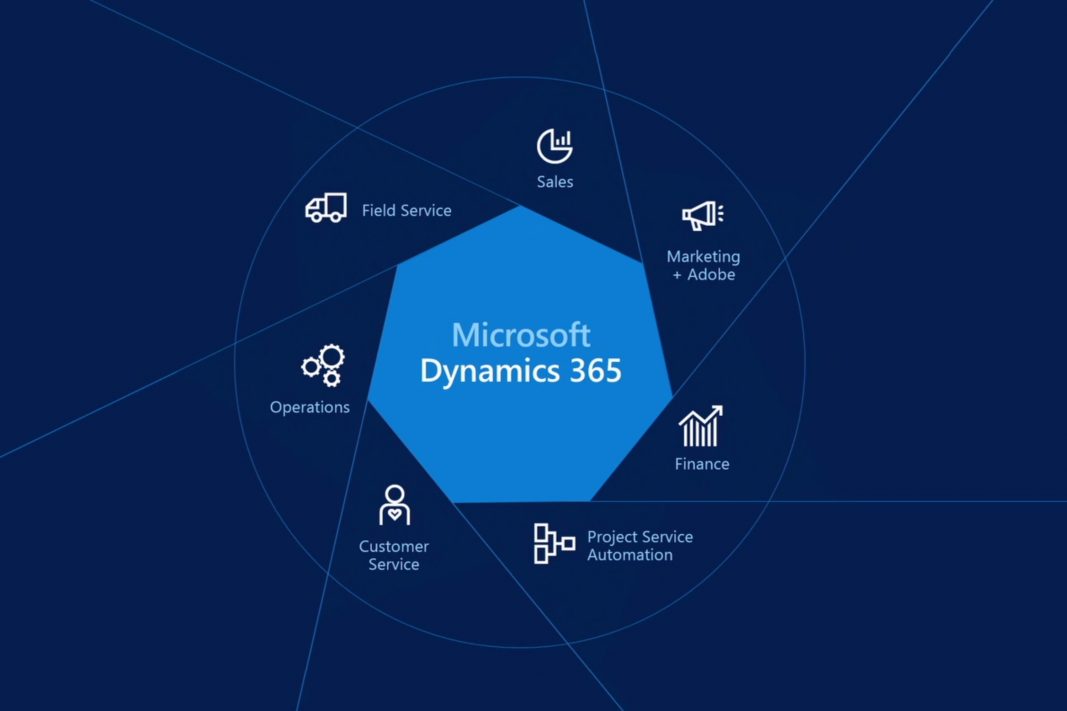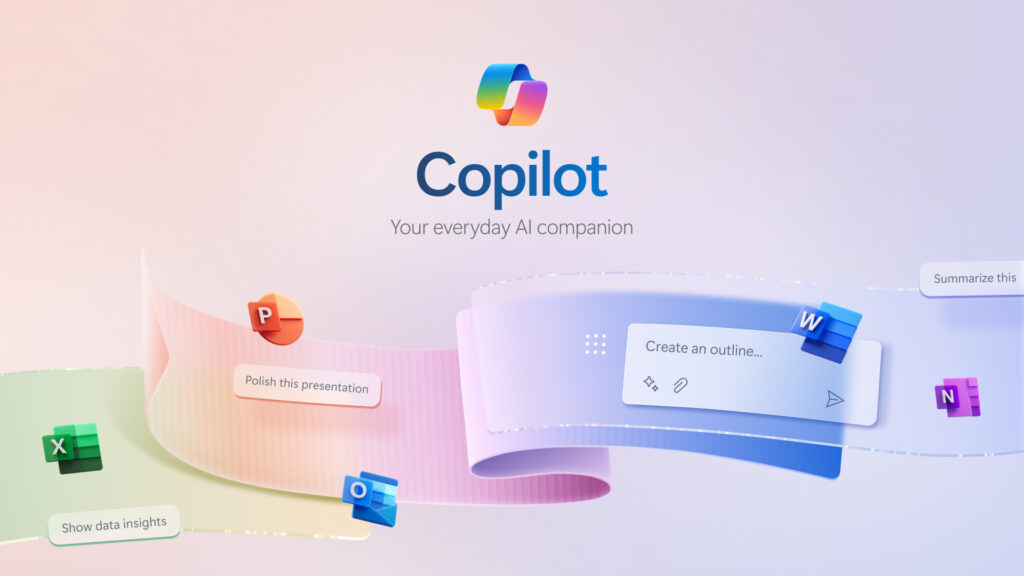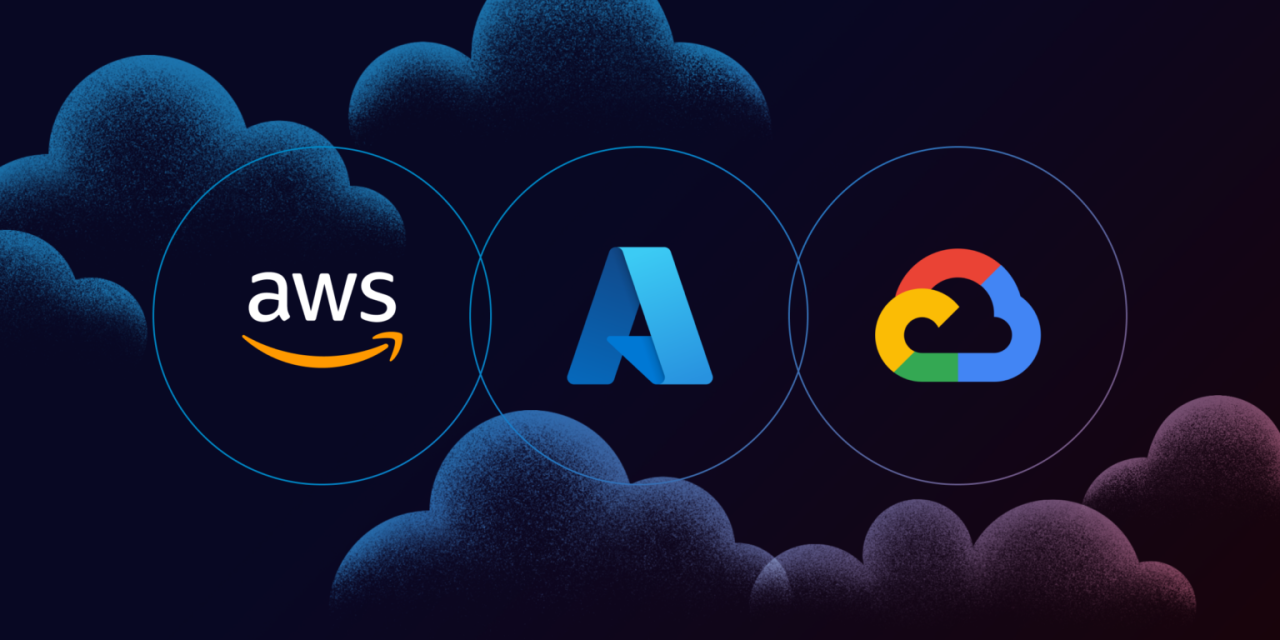
The Big Three in Cloud Computing: Microsoft Azure, Amazon AWS, and Google Cloud
The Big Three in Cloud Computing
In today’s digital age, cloud computing has become the backbone of modern IT infrastructure, providing scalable, flexible, and cost-effective solutions for businesses of all sizes. Among the myriads of cloud service providers, three giants stand out: Microsoft Azure, Amazon Web Services (AWS), and Google Cloud Platform (GCP).
Each of these platforms offers a unique set of features and services that cater to different business needs.
Let’s delve into what makes each of these cloud titans special.
Microsoft Azure
Overview: Microsoft Azure is a comprehensive cloud computing service that offers a wide range of solutions, including infrastructure as a service (IaaS), platform as a service (PaaS), and software as a service (SaaS). Launched in 2010, Azure has rapidly grown to become a key player in the cloud market, leveraging Microsoft’s extensive enterprise software experience.
Key Features:
- Hybrid Cloud Capabilities: Azure’s hybrid cloud offerings allow businesses to seamlessly integrate their on-premises infrastructure with the cloud, providing flexibility and increased control over their IT environments.
- Enterprise Integration: Azure integrates smoothly with Microsoft’s ecosystem, including Office 365, Dynamics 365, and Active Directory, making it an excellent choice for businesses already invested in Microsoft products.
- AI and Machine Learning: Azure provides robust AI and machine learning services through Azure Machine Learning and Cognitive Services, enabling businesses to build intelligent applications.
- Security and Compliance: Azure prioritizes security with advanced threat protection and a broad set of compliance certifications, making it suitable for industries with stringent regulatory requirements.
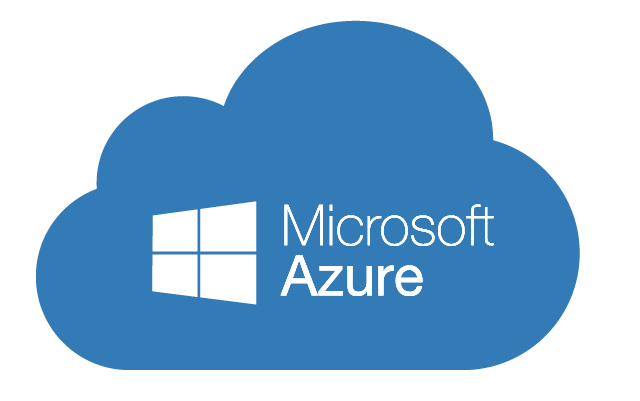
Amazon Web Services (AWS)
Overview: Amazon Web Services, the pioneer of cloud computing, was launched in 2006. AWS is the most mature and widely adopted cloud platform, offering a vast array of services and global infrastructure. It is renowned for its scalability, reliability, and extensive service offerings.
Key Features:
- Comprehensive Services: AWS boasts over 200 fully featured services, including computing, storage, databases, analytics, machine learning, and more, catering to diverse business needs.
- Global Reach: With data centers in numerous regions worldwide, AWS ensures low latency and high availability, making it an ideal choice for global enterprises.
- Innovation: AWS continually innovates, adding new services and features regularly, allowing businesses to stay at the forefront of technology.
- Cost Management: AWS offers various pricing models and tools like AWS Cost Explorer and Reserved Instances, helping businesses optimize their cloud expenditure.

Google Cloud Platform (GCP)
Overview: Google Cloud Platform, launched in 2008, leverages Google’s expertise in data analytics, machine learning, and open-source technologies. GCP is known for its powerful data processing capabilities and developer-friendly tools.
Key Features:
- Data Analytics and AI: GCP excels in big data and machine learning, offering services like BigQuery, Cloud Dataflow, and TensorFlow, which are ideal for data-driven businesses.
- Open Source and DevOps: GCP is committed to open-source technologies and provides robust DevOps tools like Kubernetes, which originated from Google, enhancing development and deployment processes.
- Security: Google Cloud prioritizes security with features like data encryption, Identity and Access Management (IAM), and comprehensive security audits, ensuring robust protection for user data.
- Sustainability: Google Cloud is a leader in sustainability, operating the cleanest cloud in the industry with a commitment to using renewable energy for its data centers.

Choosing the Right Cloud Provider
Selecting the right cloud provider depends on your specific business needs, existing infrastructure, and long-term goals. Here’s a quick comparison to help you decide:
- Microsoft Azure: Best for businesses heavily invested in Microsoft technologies and looking for strong hybrid cloud capabilities.
- Amazon AWS: Ideal for organizations seeking a mature, feature-rich platform with extensive global reach and continuous innovation.
- Google Cloud: Suitable for companies focusing on data analytics, AI, and open-source technologies, with a strong emphasis on sustainability.
Each of these cloud giants has its strengths, and the best choice will vary based on individual business requirements. Embracing the cloud with the right provider can drive innovation, enhance agility, and provide a competitive edge in today’s fast-paced digital landscape.
Learn more about our certification training programs for Microsoft Azure, Amazon AWS, and Google Cloud.
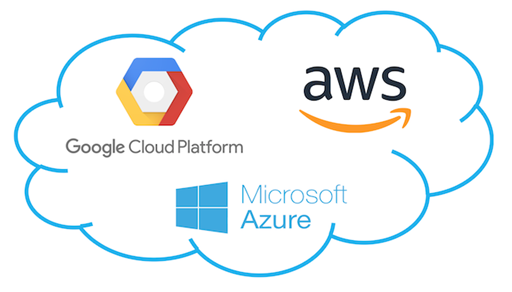
Reach out to EVERGREEN Alliance today!
Each certification course is designed to equip you with practical knowledge and skills, empowering you to advance your career in today’s business landscape. Explore our website for more information or reach out to one of our Learning Advisors for further guidance.
